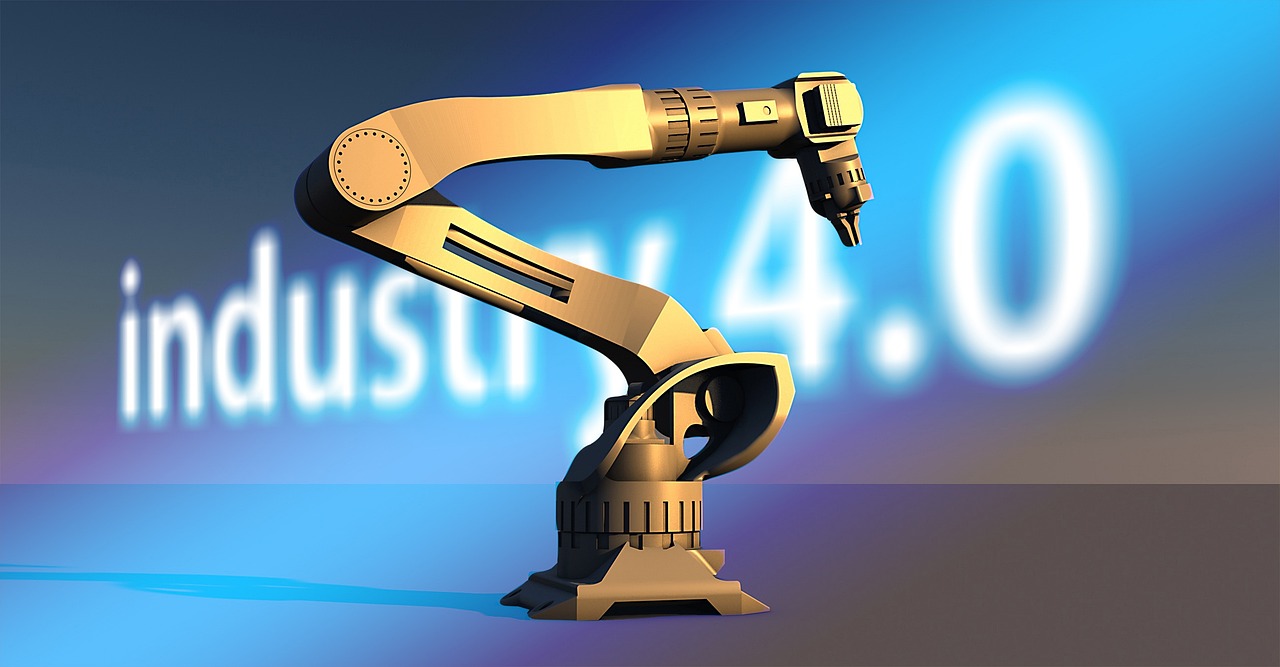Robotics has become an essential component in the automotive industry, playing a crucial role in the evolution of the industrial sector over the years. By 2021, the number of industrial robots worldwide is expected to reach an impressive 381 million, marking a milestone in the integration of robotics into global production.
Mexico is positioned in ninth place among the 15 countries with the highest number of annual industrial robot installations, according to the World Robotics 2020 report from the International Federation of Robotics (IFR).
Benefits of robotics in the automotive industry
One of the most compelling arguments in favor of industrial robots is their positive impact on profitability. The introduction of robots in manufacturing can significantly reduce production costs by eliminating expenses associated with worker salaries. This increase in profitability provides entrepreneurs with the financial flexibility to invest in new technologies or products, thus promoting innovation in the sector.
Quality assurance is significantly improved by using robots in production. Industrial robots ensure consistency in manufactured products during mass production, eliminating the possibility of human errors common on assembly lines.
Read also: How do hybrid cars work?
Optimized production efficiency is another notable advantage. General managers can set precise standards of quantity and quality that robots meet without compromising on issues of poor concentration, interruptions, or employee injuries.
Additionally, programming robots to operate at optimal speeds based on a plant’s specific needs helps improve production forecasts and supply levels.
Reducing human labor in hazardous conditions is a priority in manufacturing environments. Given the exposure to higher physical risks compared to other industries, robots are presented as a solution to preserve the health of workers and minimize potential legal liabilities in high-risk industries such as manufacturing and mining.
Functions of robots in the automotive industry
The automotive industry is witnessing the efficiency and versatility of industrial robots , which have become essential components for various applications:
- Mounting. Precision is key in automotive manufacturing, and industrial robots offer consistent precision in mass production. They do not experience fatigue or loss of attention, making them effective substitutes where no margin of error is tolerated. The high precision remains constant , whether they are assembling the first or the thousandth car.
- Painting work:The customization of automobiles in striking colors has led to the need for efficient and high-quality paint. Painting robots offer speed, precision and consistency in paint application, while protecting human health by preventing exposure to chemicals and dust.
- Transfer: Industrial robots are ideal for handling heavy, large parts , common in the automotive industry, where the load capacity of robots facilitates stress-free handling and minimal risk of damage during handling.
- QA: Repeatability and rigor of quality control are key strengths of industrial robots. Their ability to consistently evaluate and detect the slightest deviations ensures high quality products. Inspection of car-sized objects is facilitated with multiple robot arms, allowing quality control in one place according to checklist specifications.
The excellence of industrial robots has gained recognition in the automotive industry, where their presence has become indispensable. As these smart devices evolve, their contribution to automotive production will continue to grow, marking a future where robotic technology plays an even more central role.
